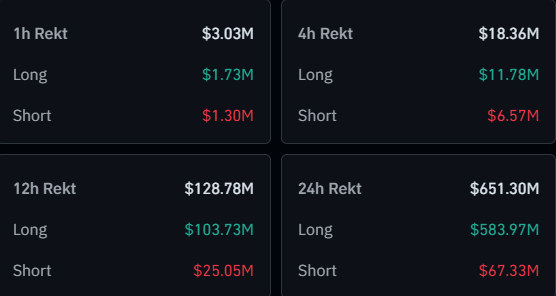With five million users, annual recurring revenue in the tens of millions, and twenty thousand new signups every day, Turbo AI has achieved impressive milestones since its launch in early 2024 by Rudy Arora and Sarthak Dhawan, both 20-year-old former college students.
According to the founders in an interview with TechCrunch, the majority of this rapid expansion happened over the last half year, during which their AI-driven study and note-taking platform jumped from one to five million users—all while maintaining profitability.
The inspiration for Turbo came from a common challenge faced by college students: trying to keep up with note-taking while also focusing on lectures.
“I always found it difficult to take notes and listen to the teacher at the same time. I just couldn’t manage both,” CEO Dhawan explained. “Whenever I tried to write notes, I’d lose track of what was being said. But if I listened, I couldn’t write anything down. That’s when I wondered if AI could help.”
This led the duo to create Turbolearn as a side project, enabling them to record lectures and automatically produce notes, quizzes, and flashcards. They initially shared it with friends, and soon it spread to classmates at Duke and Northwestern, where they were enrolled before leaving school this year. In just a few months, the app reached students at other universities, including Harvard and MIT.
The tool follows the standard note-taking process—recording, transcribing, and summarizing—but adds interactive elements like quizzes, flashcards, and a chat assistant that can clarify important terms or ideas.
However, since recordings in large lecture halls often capture unwanted background sounds, the founders introduced features allowing users to upload PDFs, lecture videos, YouTube links, or reading materials instead. This method has now become more popular than recording live lectures.
“Students will upload a 30-page lecture and spend hours working through dozens of quiz questions. You wouldn’t do that unless it was genuinely effective,” Dhawan said, emphasizing that students appreciate how much time the app saves and how it improves retention.
Turbo AI isn’t just for students anymore. The rebrand from Turbolearn (a study-focused app) to Turbo AI (an AI-powered note-taking and learning assistant) reflects its broader appeal. Professionals—such as consultants, attorneys, doctors, and even analysts at Goldman Sachs and McKinsey—are now using it. Some upload lengthy reports and use Turbo to create summaries or convert content into podcasts for convenient listening during commutes.
Arora and Dhawan have been friends since middle school and have worked together on several ventures over the years.
Dhawan previously developed UMax, an advice platform designed to boost users’ attractiveness, which topped the App Store charts with 20 million users and $6 million in yearly revenue. Arora, on the other hand, has a background in leveraging social media to drive rapid user growth.
Creating apps that go viral is a rare talent. Despite their earlier successes, the founders only decided to leave college for Turbo because they saw the potential to build a sustainable company.
Unlike many AI startups experiencing fast growth, they have been careful not to raise excessive funds too soon, having accepted just $750,000 in investment last year.
“We secured that funding before gaining significant traction. Since then, we’ve received plenty of interest, but we’re not rushing because we’re profitable and have always maintained positive cash flow,” Arora said, noting their 15-person team is based in Los Angeles and stays closely connected to student and creator communities at universities like UCLA.
Currently, students pay around $20 per month for Turbo AI, but the founders are considering alternative pricing models to better suit students’ budgets as the app’s user base expands. “We’re actively testing different pricing strategies and running numerous A/B tests to determine what works best,” Arora mentioned.
Turbo AI occupies a space between fully manual tools like Google Docs and completely automated note-takers such as Otter or Fireflies. Users can either let the AI handle note-taking or collaborate with it, according to the founders. This hybrid approach has helped Turbo distinguish itself, even as competitors like YouLearn (backed by Y Combinator) target similar student markets.
“The exciting thing is that when students think of AI-powered note-taking or study tools, we’re the first name that comes up,” Dhawan said.

